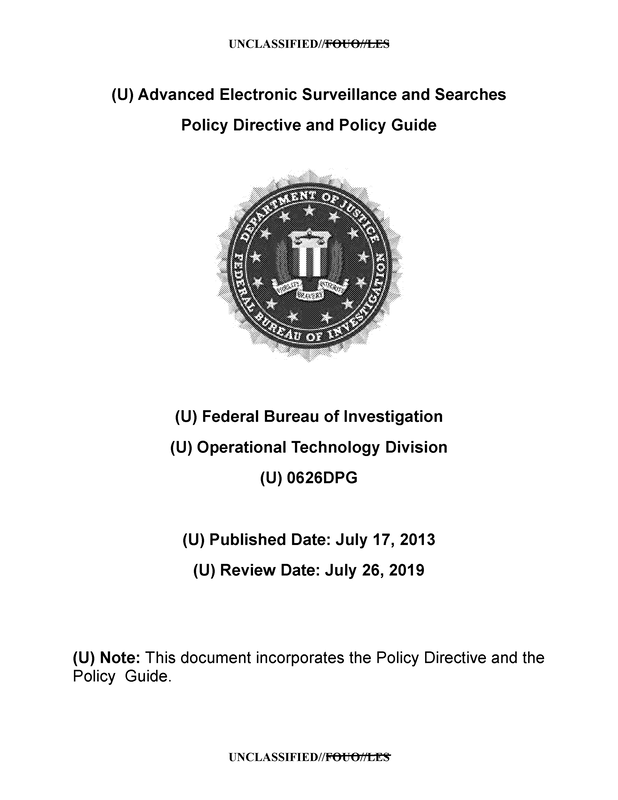|
The word “lacuna” comes from a Latin expression that meant “to jump into a pit.” The gaps and redactions in government responses to Freedom of Information Act (FOIA) request can sometimes feel like a leap into the void. But occasionally, the government reveals a glimpse of something hidden in the void.
Start with the Office of the Director of National Intelligence, which admitted to at least one 2019 order from the Foreign Intelligence Surveillance Act court that involved the collection of web browsing data from a U.S. web page. The Project for Privacy and Surveillance Accountability responded with a FOIA request on Feb. 4 asking the FBI to produce agency records mentioning the collection of web browsing data either originating in the United States or related to any U.S. person or person located within the United States. PPSA also asked for records on reports, rules, regulations, memoranda, policies, communications or training materials that discuss such collection. The FBI responded quickly, on Feb. 22, claiming the “request is overly broad … it does not provide enough detail to enable personnel to locate records ‘with a reasonable amount of effort.’” On Aug. 27, the FBI came back with another explanation that releasing the material “would disclose techniques and procedures for law enforcement investigations or prosecutions, or would disclose guidelines for law enforcement investigations or prosecutions if such disclosure could reasonably be expected to risk circumvention of the law.” However, attached to that second response was the cover page for a document, “Advanced Electronic Surveillance and Searches Policy Directives and Policy Guide.” The cover sheet shows that this document, published on July 17, 2013, was reviewed (and presumably updated) on July 26, 2019. “This shows that the FBI has a secret policy governing the collection of web browsing data of Americans,” said Gene Schaerr, PPSA general counsel. “Web browsing data is deeply personal information. It can highlight a person’s religious beliefs, political allegiances, and personal relationships. “Surely the Fourth Amendment implications of a broad policy governing the surveillance of the browsing history of people within the United States is worthy of public disclosure and discussions,” Schaerr said. Comments are closed.
|
Categories
All
|


 RSS Feed
RSS Feed